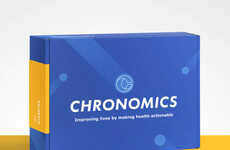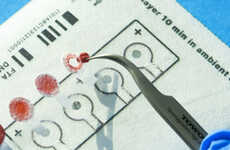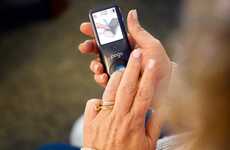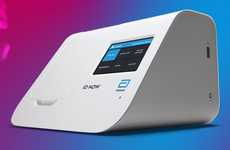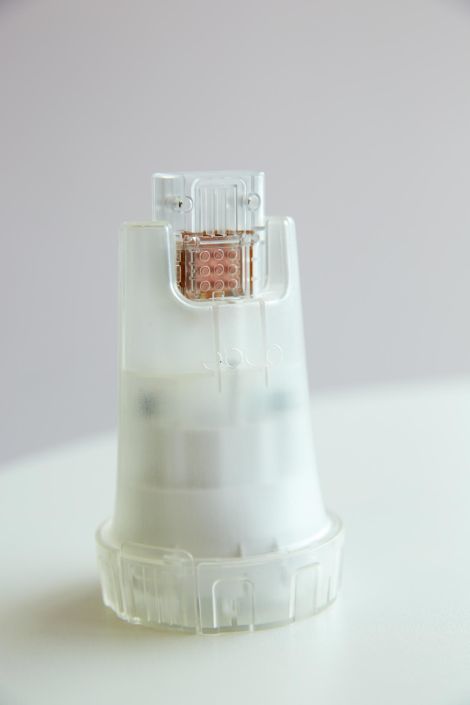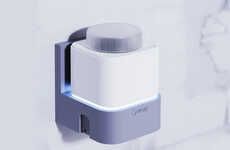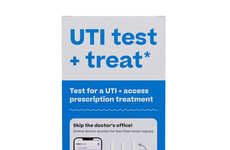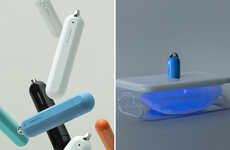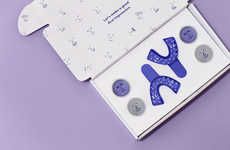
This USB Provides an Accurate Measure of the Amount of HIV in Blood
Mishal Omar — November 12, 2016 — Tech
This USB stick was created by scientists in the UK from Imperial College London in a collaboration with the tech firm 'DNA Electronics.'
The stick was designed not to diagnose people with the virus, but to ensure that those who have already been diagnosed have a way to regularly and conveniently monitor their treatment. The USB stick's purpose is to ensure that people undergoing treatment for HIV are able to monitor their viral load and ensure that it is being reduced and staying reduced as it should. The USB works when the user places a drop of their blood on it, which creates an electrical signal that is fed into the device the stick is plugged into. From there, the disposable test takes less than 30 minutes to produce an accurate measure of the viral load in the diagnosed person's blood.
This device could ensure that patients undergoing HIV treatments are able to catch any issues early on in order to maintain their health.
The stick was designed not to diagnose people with the virus, but to ensure that those who have already been diagnosed have a way to regularly and conveniently monitor their treatment. The USB stick's purpose is to ensure that people undergoing treatment for HIV are able to monitor their viral load and ensure that it is being reduced and staying reduced as it should. The USB works when the user places a drop of their blood on it, which creates an electrical signal that is fed into the device the stick is plugged into. From there, the disposable test takes less than 30 minutes to produce an accurate measure of the viral load in the diagnosed person's blood.
This device could ensure that patients undergoing HIV treatments are able to catch any issues early on in order to maintain their health.
Trend Themes
1. Usb-based Medical Testing - The development of USB-based medical testing devices presents an opportunity for convenient and accessible health monitoring.
2. Point-of-care Testing - The adoption of point-of-care testing technologies allows for faster and more accurate diagnosis and monitoring of diseases.
3. Personalized Health Monitoring - The rise of personalized health monitoring tools enables individuals to track and manage their health conditions remotely.
Industry Implications
1. Medical Technology - The medical technology industry can explore disruptive innovations in USB-based diagnostic devices for improved patient care.
2. Biotechnology - Biotechnology companies can leverage USB-based testing devices to develop new diagnostic and monitoring solutions for various diseases.
3. Digital Health - The digital health industry can integrate USB-based medical testing devices into their platforms to enable more comprehensive remote health monitoring.
3.4
Score
Popularity
Activity
Freshness


